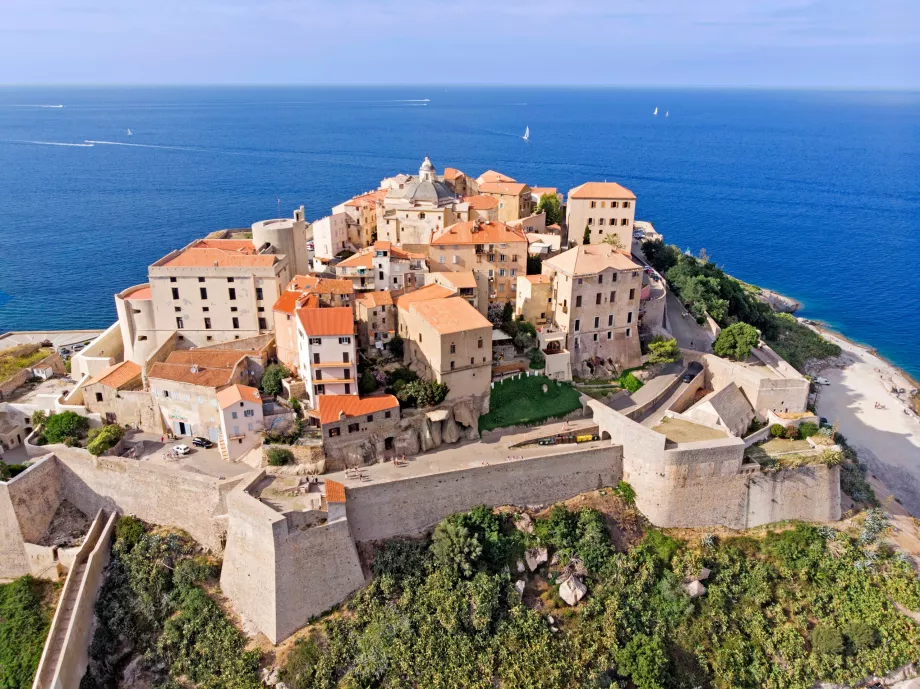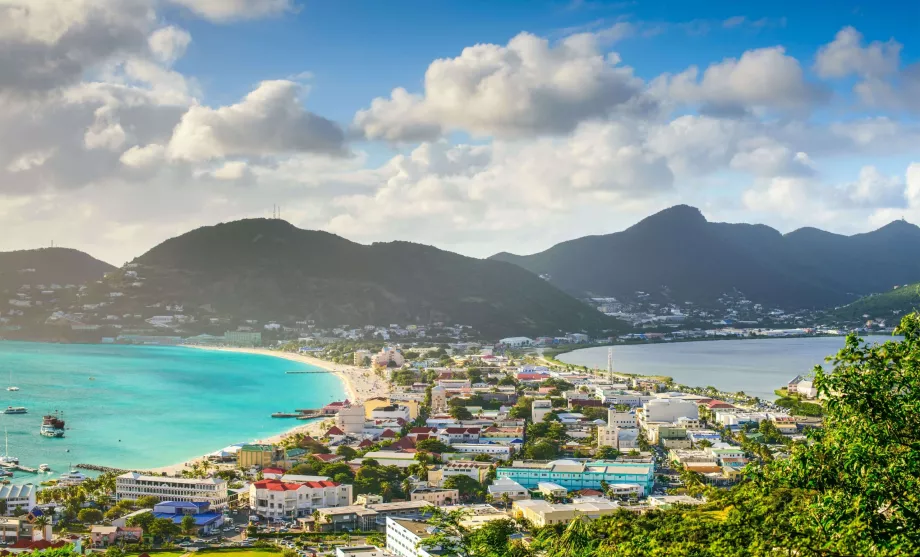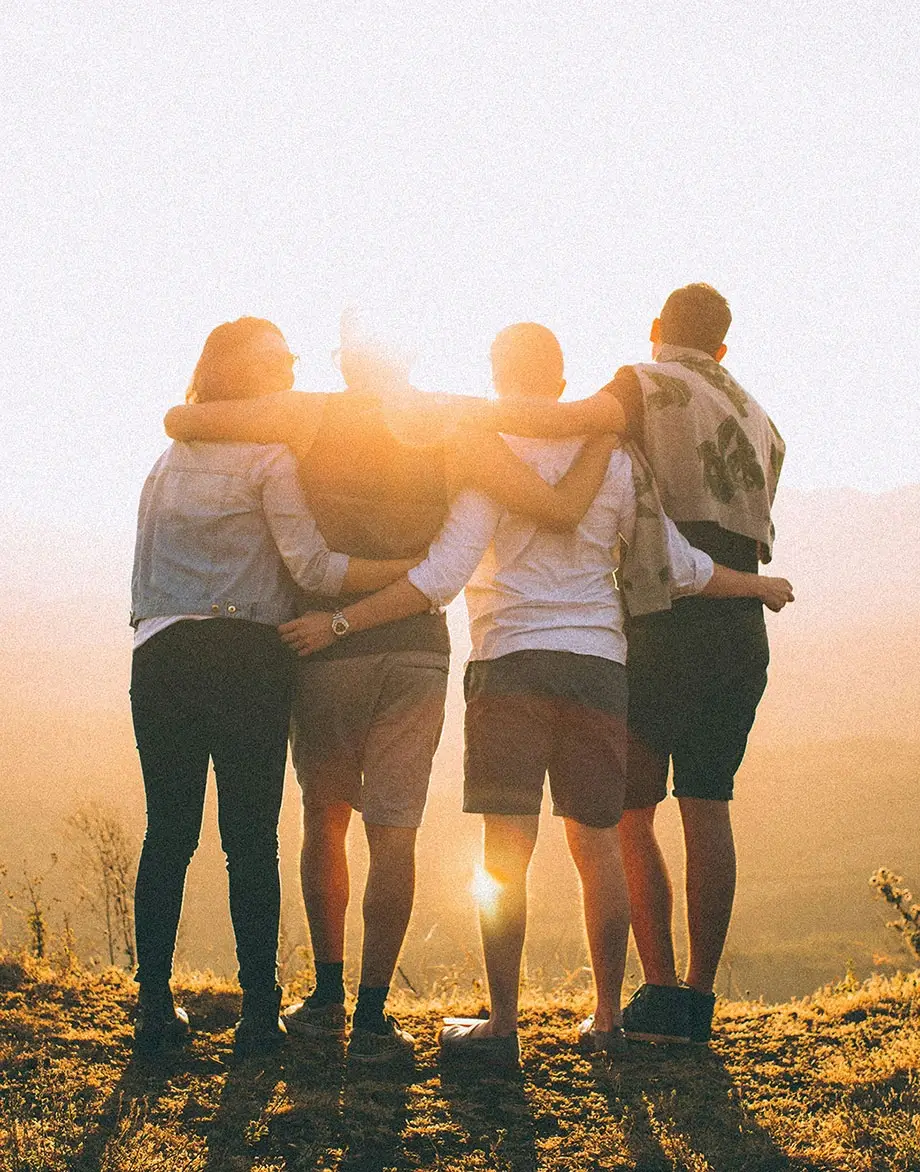
Safety and security in Sint Maarten


What are the health risks on St. Martin? Is it safe and where are the places with the highest crime rates?
The 10 best hotels on St. Martin
Health risks
The island has not experienced an increased incidence of any exotic diseases. There are occasional outbreaks of dengue fever, but these are more likely to be isolated cases.
As for the sea, extra caution is advised on the eastern side of the island, which is bathed by the rather unpredictable Atlantic. There are large waves and there can be strong back currents.
Health care and possible treatment
St Martin is considered a developed territory with advanced and superior healthcare. On presentation of an insurance card, any citizen of the European Union is entitled to free treatment in hospitals and clinics on the French side.
All tourists should note that treatment on presentation of an insurance card covers only essential expenses and in the event of more serious injuries it is better to take out travel insurance with your insurance company beforehand.
On the Dutch side, all but Dutch citizens must pay for medical treatment in full.
Drinking water
Mains water is safe, but it is mostly desalinated water from the sea. We recommend drinking bottled water, which is commonly available in local shops.
Dangerous animals
The occurrence of dangerous animals on St. Martin is very rare indeed.
There are no poisonous snakes or spiders on the island. An imported species of the deadly fer-de-lance snake has been spotted here, but statistically there is not a single case of a bite and probably only a few individuals live on the island.
Of the stray animals, dogs are commonly encountered on the streets. They are particularly abundant on the outskirts of towns. Most of the time they are not actually stray dogs, as you can tell by their collars. However, locals often let their dogs run loose around their homes.
In general, dogs are not aggressive with pedestrians, but it can happen that, especially in a pack, they will guard their home. In this case, it is advisable to walk around the area or wait for the owner.
As far as the sea is concerned, sharks, for example, are seen only occasionally and especially at greater depths, so tourists need not worry too much about them. The danger of injury for divers is more likely to occur when they come into contact with sea urchins and similar spiny animals.
Compulsory vaccinations
No vaccinations are required for St. Martin; it is a standard developed European country with no tropical diseases.
Crime
Crime and attacks against tourists are rare on St Martin, but basic caution is still advised. Do not leave belongings unattended and at least put valuables in your luggage when leaving the hotel.
Increased caution, especially against pickpockets, is advised in the main towns of Marigot and Philipsburg, as well as on exposed beaches such as Maho and Mullet Bay.
In general, St. Martin is one of the safest islands in the Caribbean.
Important contacts
You should be aware of the following phone numbers when you are in St. Martin.
- Emergency services - 15 (French side), 912 (Dutch side)
- Police - 17 (French side), 911 (Dutch side)
- Fire brigade - 18 (French side), 919 (Dutch side)
The international phone code for St. Martin is +1.
Any questions left?
If you have any questions or comments about the article...

